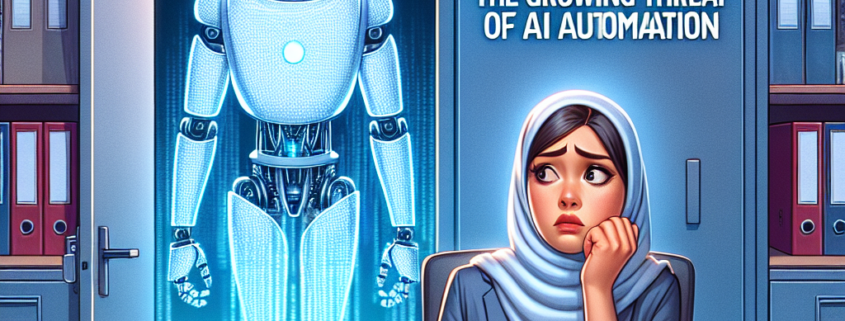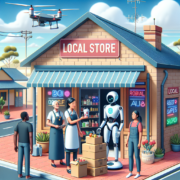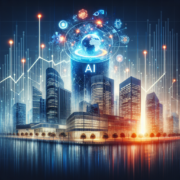The Rise of AI: Why Your Job May Be at Risk
Artificial intelligence (AI) is transforming the way businesses operate, and its impact on the job market is undeniable. As AI technology advances, many jobs are at risk of being automated, leaving workers wondering if they'll be next. In this article, we'll explore why AI may take your job in the next 12 months and what you can do to prepare.
Why AI is a Job Threat
AI has the potential to automate many tasks, including:
- Data entry and processing: AI-powered tools can quickly and accurately process large amounts of data, making data entry jobs redundant.
- Customer service: Chatbots and virtual assistants are becoming increasingly sophisticated, capable of handling customer inquiries and resolving issues without human intervention.
- Bookkeeping and accounting: AI can perform tasks such as invoicing, reconciliations, and financial analysis with ease, making accounting and bookkeeping jobs vulnerable to automation.
- Manufacturing and assembly: AI-powered robots can perform tasks such as assembly, inspection, and packaging with precision and speed, threatening jobs in manufacturing and assembly lines.
What You Can Do to Prepare
While AI may take some jobs, it also creates new opportunities for workers who are adaptable and willing to learn new skills. Here are some steps you can take to prepare for the AI-driven job market:
- Upskill and reskill: Invest in education and training that focuses on emerging technologies such as AI, machine learning, and data science.
- Develop soft skills: AI can't replace human skills such as empathy, creativity, and problem-solving. Focus on developing skills that are complementary to AI, such as communication, collaboration, and critical thinking.
- Be open to new opportunities: Be willing to pivot to new industries or roles that are less likely to be automated, such as healthcare, education, and social work.
By understanding the impact of AI on the job market and taking proactive steps to prepare, you can future-proof your career and thrive in a world of automation.











